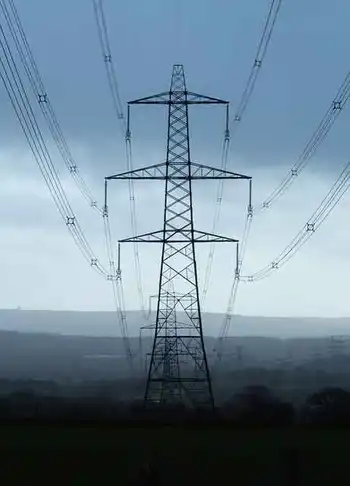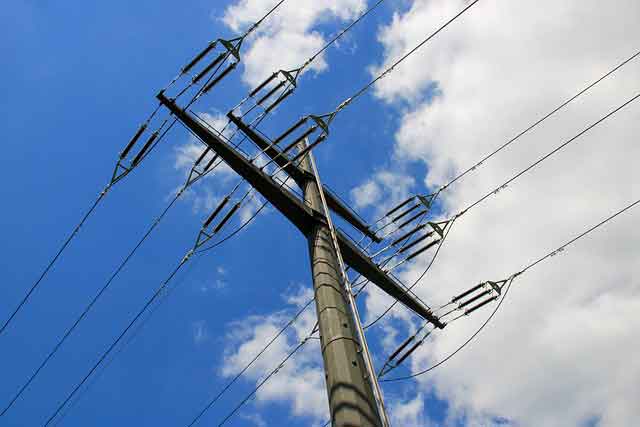ACCC energy underwriting guarantee proposes government-backed certainty for new generation, cutting electricity prices and supporting gas, pumped hydro, renewables, batteries, and potentially coal-fired power, addressing market failure without direct subsidies.
Key Points
A tech-neutral, government-backed plan underwriting new generation revenue to increase certainty and cut power prices.
✅ Government guarantee provides a revenue floor for new generators.
✅ Technology neutral: coal, gas, renewables, pumped hydro, batteries.
✅ Intended to reduce bills by up to $400 and address market failure.
Australian Taxpayers won't directly fund any new power plants despite some Coalition MPs seizing on a new report to call for a coal-fired power station.
The Australian Competition and Consumer Commission recommended the government give financial certainty to new power plants, guaranteeing energy will be bought at a cheap price if it can't be sold, as part of an electricity market plan to avoid threats to supply.
It's part of a bid to cut up to $400 a year from average household power prices.
Prime Minister Malcolm Turnbull said the finance proposal had merit, but he ruled out directly funding specific types of power generation.
"We are not in the business of subsidising one technology or another," he told reporters in Queensland today.
"We've done enough of that. Frankly, there's been too much of that."
Renewable subsidies, designed in the 1990s to make solar and wind technology more affordable, have worked and will end in 2020.
Some Coalition MPs claim the ACCC's recommendation to underwrite power generation is vindication for their push to build new coal-fired power plants.
But ACCC chair Rod Sims said no companies had proposed building new coal plants - instead they're trying to build new gas projects, pumped hydro or renewable projects.
Opposition Leader Bill Shorten said Mr Turnbull was offering solutions years away, having overseen a rise in power prices over the past year.
"You don't just go down to K-Mart and get a coal-fired power station off the shelf," Mr Shorten told reporters, admitting he had not read the ACCC report.
Energy Minister Josh Frydenberg said the recommendation to underwrite new power generators had a lot of merit, as it would address a market failure highlighted by AEMO warnings about reduced reserves.
"What they're saying is the government needs to step in here to provide some sort of assurance," Mr Frydenberg told 9NEWS today.
He said that could include coal, gas, renewable energy or battery storage.
Deputy Nationals leader Bridget McKenzie said science should determine which technology would get the best outcomes for power bills, with a scrapping coal report suggesting it can be costly.
Mr Turnbull said there was strong support for the vast majority of the ACCC's 56 recommendations, but the government would carefully consider the report, which sets out a blueprint to cut electricity bills by 25 percent.
Acting Greens leader Adam Bandt said Australia should exit coal-fired power in favour of renewable energy to cut pollution.
In contrast, Canada has seen the Stop the Shock campaign advocate a return to coal power in some provinces.
The Australian Energy Council, which represents 21 major energy companies, said the government should consult on changes to avoid "unintended consequences".
Related News












